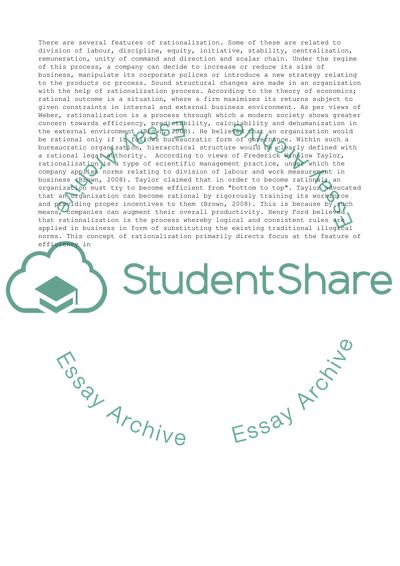Cite this document
(Leadership, power and politics Essay Example | Topics and Well Written Essays - 2500 words, n.d.)
Leadership, power and politics Essay Example | Topics and Well Written Essays - 2500 words. https://studentshare.org/management/1818909-leadership-power-and-politics
Leadership, power and politics Essay Example | Topics and Well Written Essays - 2500 words. https://studentshare.org/management/1818909-leadership-power-and-politics
(Leadership, Power and Politics Essay Example | Topics and Well Written Essays - 2500 Words)
Leadership, Power and Politics Essay Example | Topics and Well Written Essays - 2500 Words. https://studentshare.org/management/1818909-leadership-power-and-politics.
Leadership, Power and Politics Essay Example | Topics and Well Written Essays - 2500 Words. https://studentshare.org/management/1818909-leadership-power-and-politics.
“Leadership, Power and Politics Essay Example | Topics and Well Written Essays - 2500 Words”. https://studentshare.org/management/1818909-leadership-power-and-politics.


